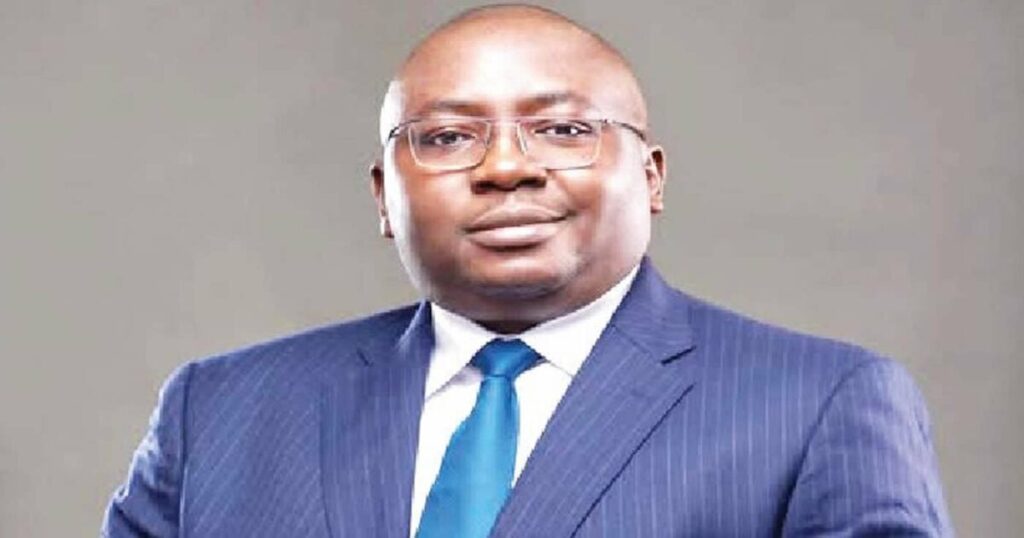The Minister of Power, Adebayo Adelabu, has raised concerns over the shortage of trained technicians in Nigeria’s power sector, revealing that more than 400,000 meters recently imported into the country are yet to be installed due to a lack of qualified installers.
Speaking at the ongoing Nigeria Energy Conference in Lagos, the minister said the development underscored the urgent need to train and certify local technicians to bridge the human capacity gap in the sector.
According to him, of the 500,000 power meters imported last month, fewer than 100,000 have been installed due to the lack of certified installers.
“We brought in meters last month, over 500,000 meters. I’m telling you; we have not installed 100,000. Why? Absence of installers. And we say youths are unemployed,” Adelabu said.
He stated that if the country imports all the six million meters needed to fill the metering gap right now, it would take up to five years to install them because there are no installers.
“We don’t have meter installers in Nigeria. If we bring all the six million meters that represent the gap in the sector today, it will take us five years to install them. So, we need to train technicians. We need to certify installers, and that’s just one example in the sector,” he stated.
The minister, who described the situation as a reflection of the larger human capital deficit in the industry, stressed that developing local capacity was essential for sustainable growth.
“There are so many activities in the sector that are lacking in human capacity. So, we must continue to train our people and also develop local content from our resources. Why must we continue to import?” he asked.
He noted that the ministry had recently commissioned new facilities to strengthen technical capacity across the power sector.
Reflecting on the state of human development in the industry, the minister said training had declined since the days of the defunct National Electric Power Authority and the Power Holding Company of Nigeria.
“The ministry recently commissioned new training equipment, simulation infrastructure, and two workshop blocks with one or four-posted accommodations at the National Power Training Institute to strengthen technical capacity across the sector. These facilities were delivered in partnership with development partners.
“If you remember, I keep making reference to what I said two years ago. I said one of the major issues in the industry is that we are not developing local capacity for human development. The last set of training that we had for engineers was still in the days of the National Electric Power Authority, in the days of the Power Holding Company of Nigeria. Since the successor companies took over, how much training have they added to the sector? How many are the DisCos training as expected? It is not comparable to when we had NEPA, when we had PHCN, or when we had ECN, the Electricity Company of Nigeria, in the 1960s,” he remarked.
The minister emphasised that capacity development remains central to his administration’s reforms, stating, “For us to develop engineers and expertise across all segments of the sector value chain, we must train our people, which is why we are fast developing and improving the activities of the National Power Training Institute,” he said.
He added that the government’s ongoing efforts include training in every aspect of the energy value chain.
“You are all aware of what we did a few months ago to commission all these training facilities to train our people in all aspects of the energy sector — from gas supply and transportation to generation, hydro generation, thermal generation, renewable energy generation (which covers wind, solar and others), transmission, and distribution,” Adelabu maintained.















